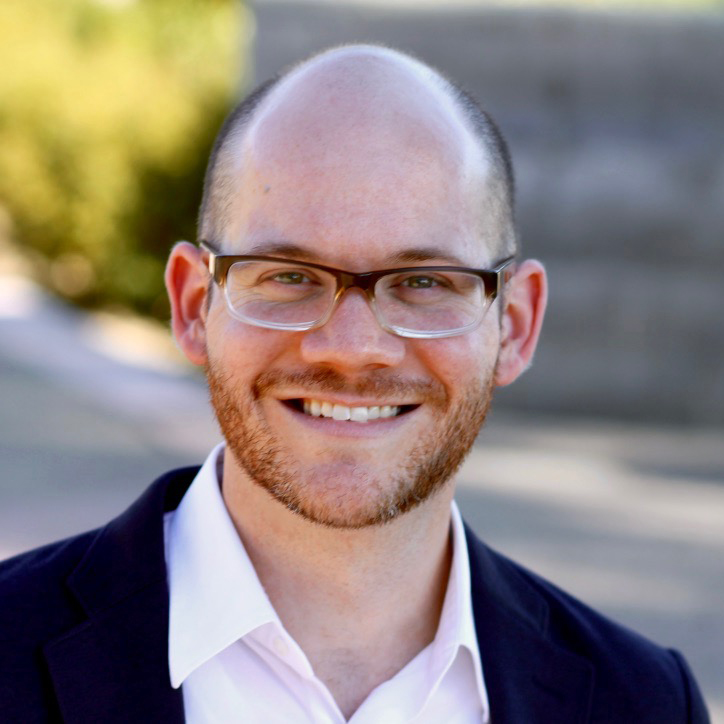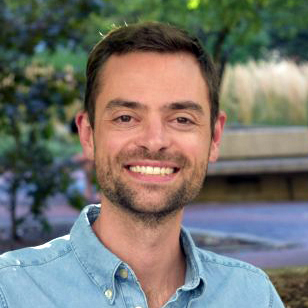
University of Colorado Boulder
David Boonin, Ph.D.
David Boonin, PhD, is Professor of Philosophy and Chair of the Philosophy Department at the University of Colorado Boulder. Dr. Boonin’s research focuses on the areas of applied ethics, ethical theory, and the history of ethics.

Rutgers University
Joel Caplan, Ph.D.
Joel Caplan, PhD, is a professor at the Rutgers University School of Criminal Justice. Dr. Caplan’s research focuses on geographic information systems (GIS), risk assessment, crime prevention, policing, and police-community relations.
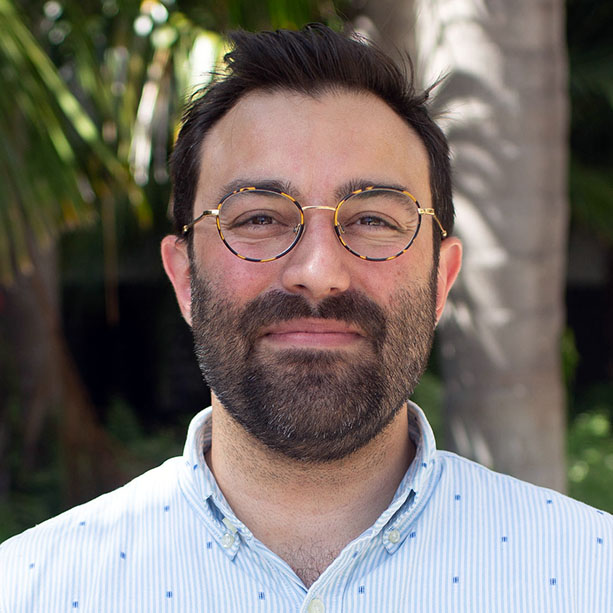
Florida International University
Clinton Castro, Ph.D.
Clinton Castro, PhD, is an assistant professor in the Department of Philosophy at Florida International University. His published work focuses on issues in ethics and epistemology, mostly within the context of emerging technologies.
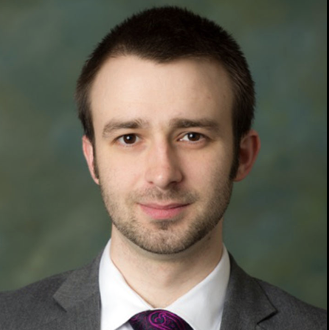
University of Massachusetts, Lowell
Nick Evans, Ph.D.
Nick Evans, PhD, is a Professor of Philosophy at the University of Massachusetts Lowell. Dr. Evans’ research focuses on national security, emerging technologies, and the ethics of infectious disease, with a focus on clinical and public health decision making during disease pandemics.

University of the District of Columbia
Andrew Guthrie Ferguson, J.D.
Andrew Guthrie Ferguson, JD, LLM, is Professor of Law at the University of the District of Columbia. He is a national expert on juries, predictive policing, and the Fourth Amendment.

University of Essex
Katerina Hadjimatheou, Ph.D.
Katerina Hadjimatheou, PhD, is a criminologist and applied philosopher working on the ethical aspects of technological developments and the use of data in security, policing, and criminal justice. She chairs a police force ethics committee in the UK and is a member of ethics committees of the National Crime Agency and Metropolitan Police.
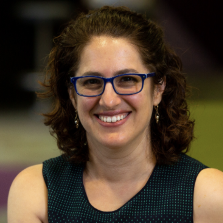
University of New South Wales
Lyria Bennett Moses, J.S.D.
Lyria Bennett Moses, JSD, LLM, LLB, BSc (Hons), is Professor of Law at UNSW Sydney and Director of the Allens Hub for Technology, Law and Innovation. She is an expert on law and technological change, legal and policy issues for artificial intelligence, and legal and policy issues for the use of data analytics for law enforcement and national security.
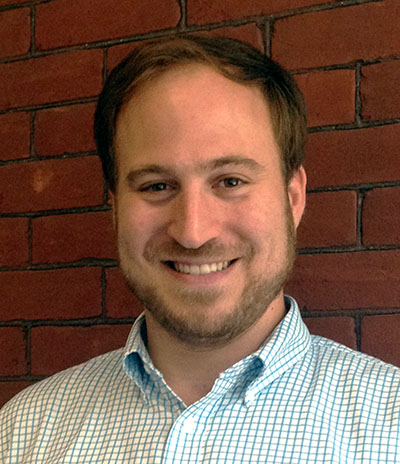
University of California, Los Angeles
Andrew Selbst, J.D.
Andrew Selbst, JD, is an assistant professor at UCLA School of Law. His research examines the relationship between law, technology, and society.
